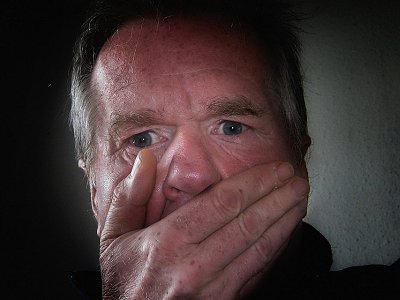
A LAMENT FOR USAID
Eighties nostalgia is back, if it ever went away.
BBC TV iPlayer’s documentary Live Aid at 40: when Rock ‘n’ Roll Took on the World is a perfect example. Drawing on commentators like Tony Blair and Bob Geldof, George Bush and Bono, it reflected with maturity on an extraordinary moment.
Could 1985’s Live Aid London and Philadelphia concerts have been staged for the first time in 2025? It seems unlikely. There is wider awareness of colonialism and so-called white saviour syndrome in western attitudes to Africa, where healthy white people parachute in to save emaciated black African children. These are troubling images. Additionally, the debate in 1984 was driven by a BBC news report into the Ethiopian famine. The only real sources of news then were the TV channels, radio and print media. The narrative was not challenged. The scenario in 2025 of a rock song and rock concert raising money for those suffering in an African civil war would face many prominent attacks online, undermining people’s desire to help. Even if these assaults were overcome, political realities have altered markedly from Live Aid’s twentieth anniversary Make Poverty History movement of 2005, when people aligned over the political goal of debt relief.
Growing nationalism across the world is a reaction to globalisation; it asserts hard national boundaries in a precarious world and is being reflected in re-designed budgets.
The 83% cut to USAID in 2025 (who held a budget of $63 billion in 2023) has been supplemented by the UK government’s reduction in the foreign aid budget from 0.5% to 0.3%, despite promises of raising it to 0.7%. According to Oxfam, a result of these cuts may be 23 million children lacking access to education, 95 million people losing access to basic healthcare, leading to 3 million preventable deaths. Already, stories are emerging of the very specific impacts the loss of funding has made on the world’s most vulnerable.
Aid is not just a form of altruistic away giving, it assists the nations who give. Climate change, germs and conflict do not obey national boundaries. It is in the interests of donor nations to tackle severe problems, where possible, at source. People flee places of poverty, disease and war, creating deep challenges round migration.
There is also the question of what the late Harvard scholar Joseph Nye called soft power – the ability to influence others ‘through attraction rather than coercion’. Aid is a classic form of soft power, creating good global impressions. In reducing aid so drastically, the United States has ceded ground, which is being taken instead by China, whose aid comes with hard power shaped entirely by the needs of the Chinese Communist Party.
Are individual people becoming more hardened to helping the world’s poorest? I think not. The eighties were branded as a selfish me-decade, but Live Aid erupted in the middle of it, capturing hearts and minds. When people know money goes to good and reliable projects, they give today as well.
In the letter of James, the writer says:
If a brother or sister is naked and lacks daily food, and one of you says to them, ‘Go in peace; keep warm and eat your fill’, and yet you do not supply their bodily needs, what is the good of that?
A pioneer of the early Church, channelling his inner Geldof.
Poorer nations can be patronised in undignified ways, and the culture of colonialism is still keenly felt in some places. But Bob Geldof is still right on a key point: money saves lives. It always has, and it always will.





